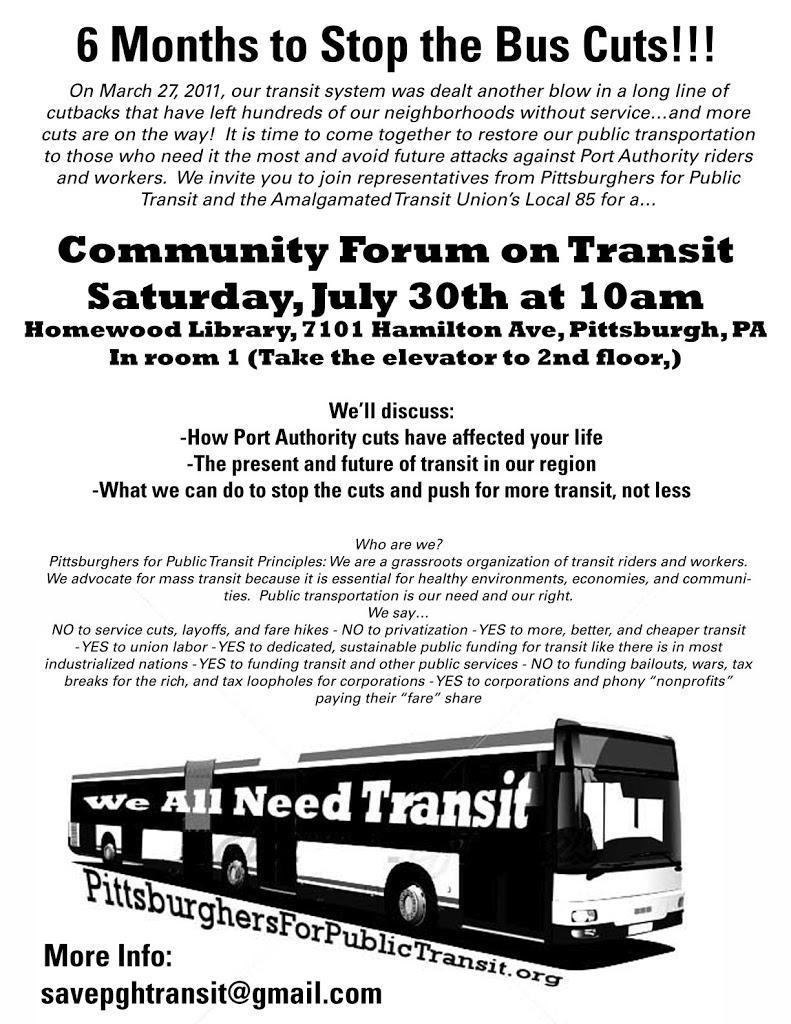Bahá’í Teachings: Public Transit and Community – A Spiritual Connection
In an era marked by rapid urbanization and environmental concerns, the intersection of public transit and community dynamics fosters a unique opportunity to reflect on the teachings of the Bahá’í Faith. This spiritual framework, with its emphasis on oneness, unity, and the advancement of civilization, offers profound insights into the significance of communal transport systems. As individuals navigate the complexities of urban life, the Bahá’í perspective elucidates the role of public transit as a catalyst for community development and spiritual growth.
The Oneness of Humanity
At the heart of Bahá’í teachings lies the principle of the oneness of humanity. This concept posits that all people are members of a single global family, transcending geographical, cultural, and societal divides. Public transit systems serve as a poignant microcosm of this principle. They bring together individuals from diverse backgrounds, situated within various economic strata, thereby fostering interactions that might not occur in otherwise segregated environments. When individuals share a bus, train, or tram, they participate in a communal experience that highlights their shared human identity.
The Bahá’í emphasis on unity suggests that every interaction within the public transit system has the potential to foster understanding and compassion. Such unanticipated encounters can lead to friendships, collaborations, and ultimately a more cohesive community. This converging of varied lives illustrates the reality that while individuals may have different perspectives and experiences, they are woven together into a beautiful tapestry of humanity.
Justice and Equity in Public Transportation
The principle of justice is another fundamental teaching of the Bahá’í Faith. Advocating for equitable access to resources, the Bahá’í writings encourage societies to provide all individuals with the means to participate fully in community life. Public transit can be viewed as an extension of this pursuit for justice. When transit systems are designed to be inclusive—providing accessible routes, affordable fares, and efficient schedules—they enable all community members to engage meaningfully with their surroundings.
Furthermore, equitable access to public transit promotes social and economic mobility, empowering marginalized populations. It lessens the barriers to employment and education, allowing individuals to pursue opportunities that might otherwise remain out of reach. The Bahá’í vision of a just society parallels the operational ethos of a robust public transit system, ensuring that all members can flourish while contributing to the collective well-being of the community.
Environmental Stewardship
An integral aspect of Bahá’í teachings is the notion of stewardship—caring for the earth and its resources. The detrimental effects of human activity on the environment call for a reevaluation of our daily practices. Public transit forms an essential solution for environmental sustainability by reducing individual carbon footprints and alleviating traffic congestion. Promoting communal modes of transportation aligns with the Bahá’í principle of environmental responsibility and reflects a proactive approach to addressing climate change.
Investing in public transit infrastructure not only decreases pollution but also enhances urban aesthetics and livability. As communities embrace public transportation, they foster an ethos of sustainability that reverberates through their interactions with the natural world. This way, the transit system becomes a vehicle for nurturing both ecological harmony and community spirit, promoting a lifestyle that honors the interconnectedness of all creation.
Spiritual Reflections on Daily Commuting
Interestingly, commuting—often perceived as a mundane routine—can serve as an opportunity for reflection and spiritual engagement. The Bahá’í teachings encourage individuals to view everyday activities as potential moments for spiritual enrichment. As one travels on public transit, this can transform into an occasion to contemplate the deeper purpose of life, consider one’s role within the greater community, or engage in acts of service, whether by sharing kindness with fellow passengers or promoting dialogues that uplift communal understanding.
Encounters during commutes may inspire inner growth and a deeper connection to one’s community. The varied tapestry of life aboard public transportation provides a vivid reminder of the diversity that enriches society. Embracing such experiences imbues daily routines with significance, allowing individuals to cultivate a more profound appreciation for the interconnectedness of all human beings.
A Call to Action: Advocacy for Improved Public Transit
Moreover, Bahá’ís are encouraged to utilize their unique talents and knowledge to contribute actively to the betterment of society. Volunteering for organizations focused on public transport optimization or participating in community forums can amplify the collective voice advocating for necessary change. Such acts serve not only as service to the community but also as a spiritual practice that aligns with Bahá’í tenets of unity and collaboration.
Conclusion
In summary, the teachings of the Bahá’í Faith illuminate the significance of public transit as a facilitator of community connection and social equity. Through a commitment to promoting the oneness of humanity, justice, and environmental stewardship, individuals can harness the power of public transit as a means of effecting positive change. By approaching daily commuting as an opportunity for reflection and advocacy, communities can create a vibrant, inclusive, and spiritually uplifting environment that echoes the core teachings of the Bahá’í Faith.
